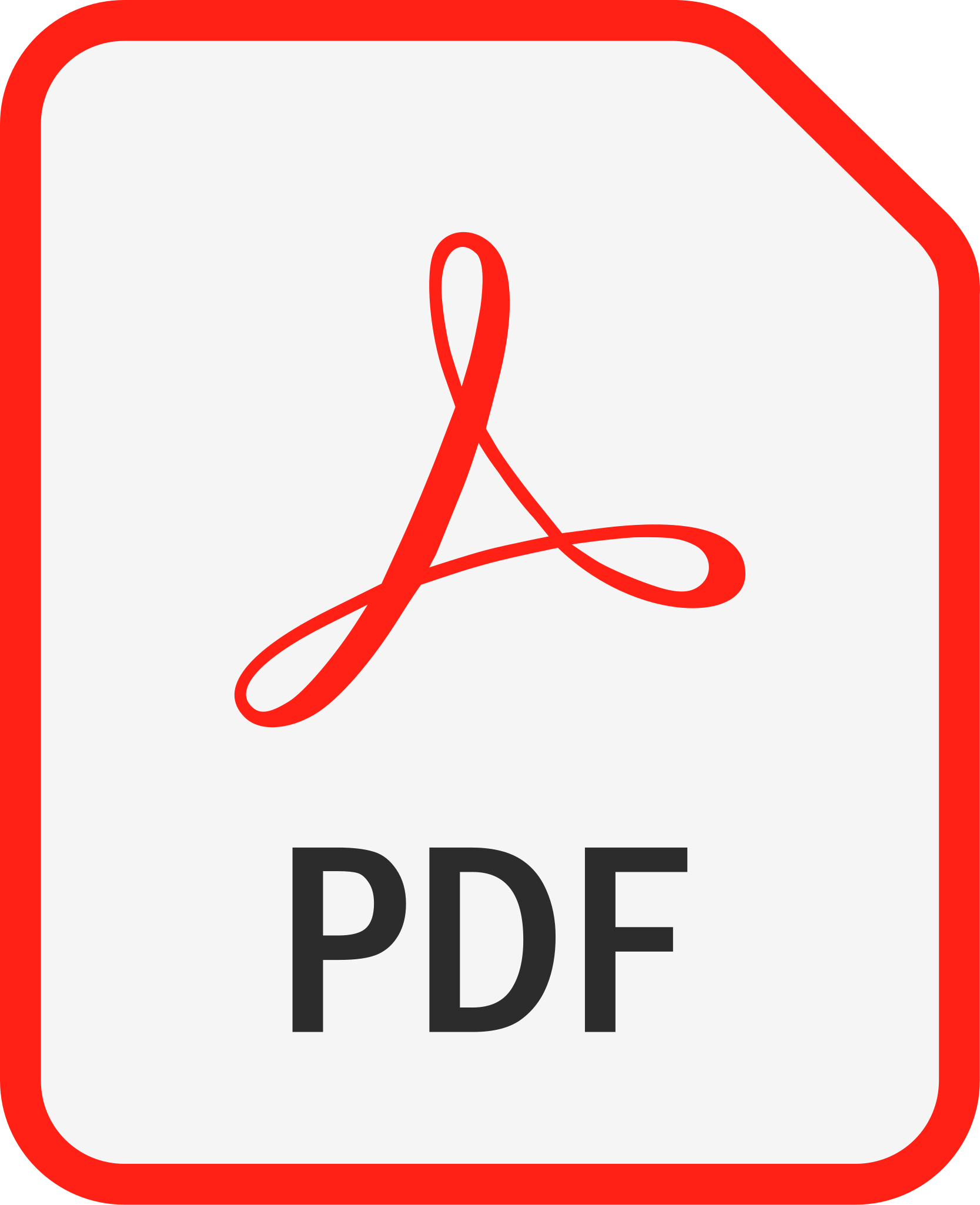Certifcation of Capability in Business Analysis(CCBA) Training Course
Best CCBA Certification Path
- Experienced instructors with industry expertise
- Access to official guides and materials
- Covers all exam topics thoroughly
- Flexible study at your own pace
- Support for exam service
- Anytime access to study resources
What you'll learn
Training Course Outline
Certifcation of Capability in Business Analysis(CCBA)
1.Introduction
2.Importance of a Business Analyst
3.A Day as a Business Analayst
4.Who is a Business Analyst?
5.What is Business Analysis?
6.Business analysis with Exce
7.Difference Between Data Analyst and Business Analyst
Training Options
Self Paced Learning
- Lifelong access to high-quality content
- Curated by industry experts
- Customized learning progress
- 24/7 learner assistance and support
- Follow the latest technology trends
Exam Dump
- 100% Real Exam Practice Tests
- 100% Verified Exam Questions & Answers
- 100% Guarantee Passing Rate
- Average 7 Days to Practice & Pass
Description
Delving into the fundamentals of business analysis sounds like a valuable opportunity. I'm eager to understand the pivotal role and significance of a business analyst, as well as uncover their daily tasks. Developing practical skills using Excel for various business analysis activities will undoubtedly be beneficial.
Pre-requisites
The course has no specific prerequisites.

The new Bing Our approach to Responsible AI
The new Bing Our approach to Responsible AI

Transforming Project Management With GenAl Innovation PDF Free Download | SPOTO
Transforming Project Management With GenAl Innovation PDF Free Download | SPOTO
Certifcation of Capability in Business Analysis FAQs
What is the CCBA in business analysis?
The Certification of Capability in Business Analysis™ (CCBA®), offered by IIBA.org, is a globally recognized credential for business analysts. It validates your ability to collaborate with stakeholders, model business processes, and identify opportunities to enhance business outcomes. The CCBA certification demonstrates practical application of skills in real-world scenarios and positions you for career growth in business analysis.
How long is CCBA certification valid?
CCBA certification remains valid for three years. To renew, you must submit a recertification application and earn at least 60 Continuing Development Units (CDUs) every three years through professional development activities aligned with IIBA’s guidelines.
What is the difference between CCBA and CBAP?
The CBAP (Certified Business Analysis Professional) certification targets experienced professionals, featuring advanced, scenario-based questions with lengthy case studies (1-1.5 pages) followed by multiple assessments. In contrast, the CCBA focuses on intermediate-level expertise, requiring less experience and emphasizing foundational analytical skills. CBAP demands greater commitment and expertise due to its complexity and depth.
What is capability in business analysis?
Business Capability Analysis involves assessing an organization’s strategic and operational abilities—defining “what a business does and can do.” This differs from general business analysis, which focuses on analyzing processes, requirements, and solutions to drive projects like process optimization or IT implementations. Capability analysis ensures alignment between business goals and operational execution.